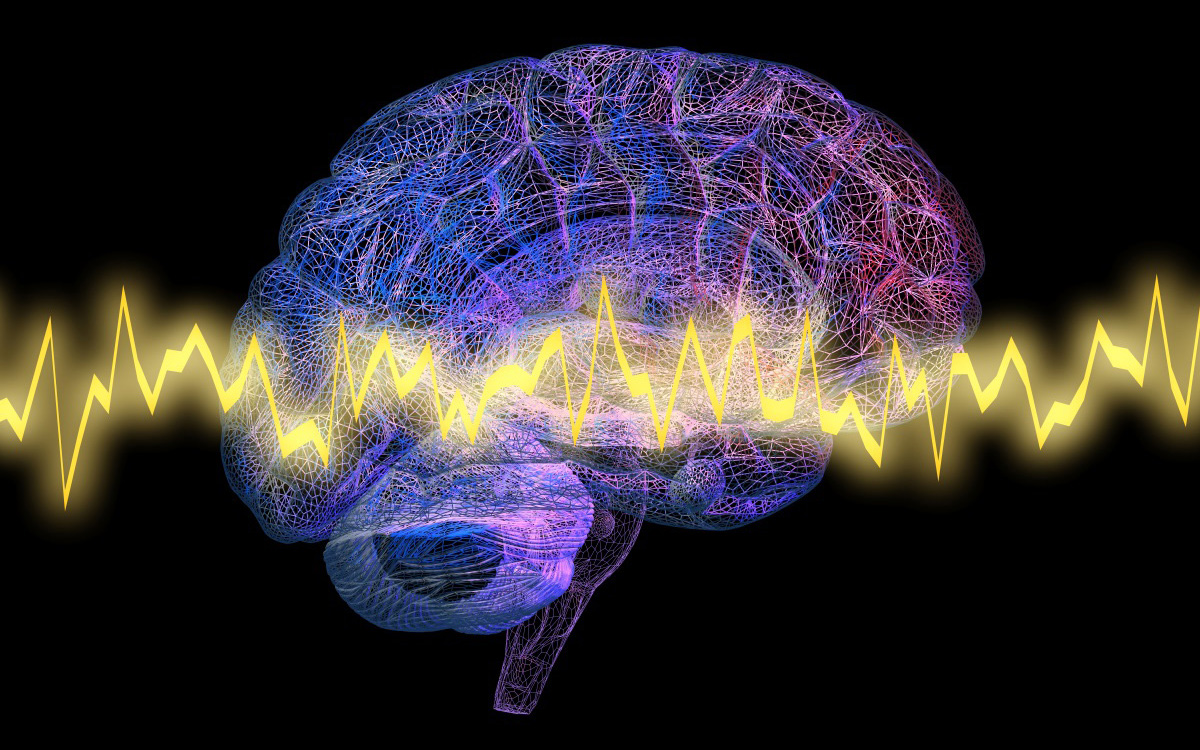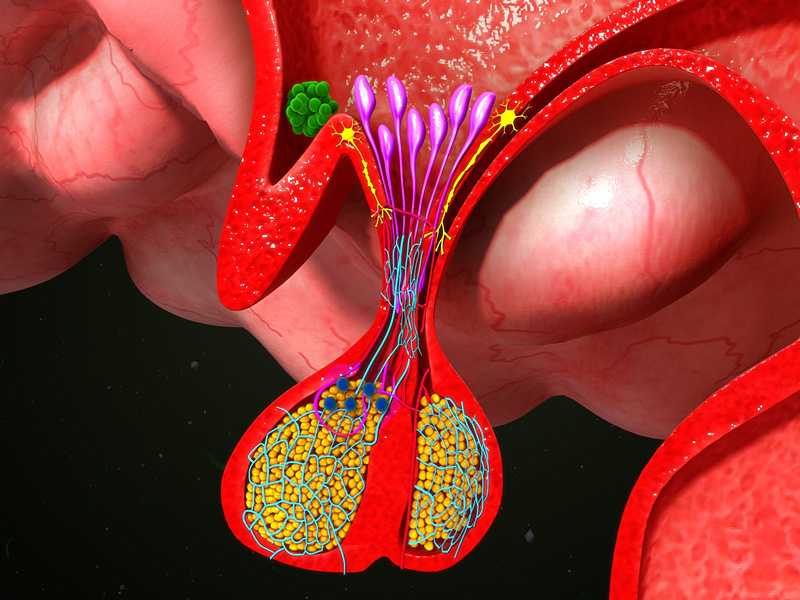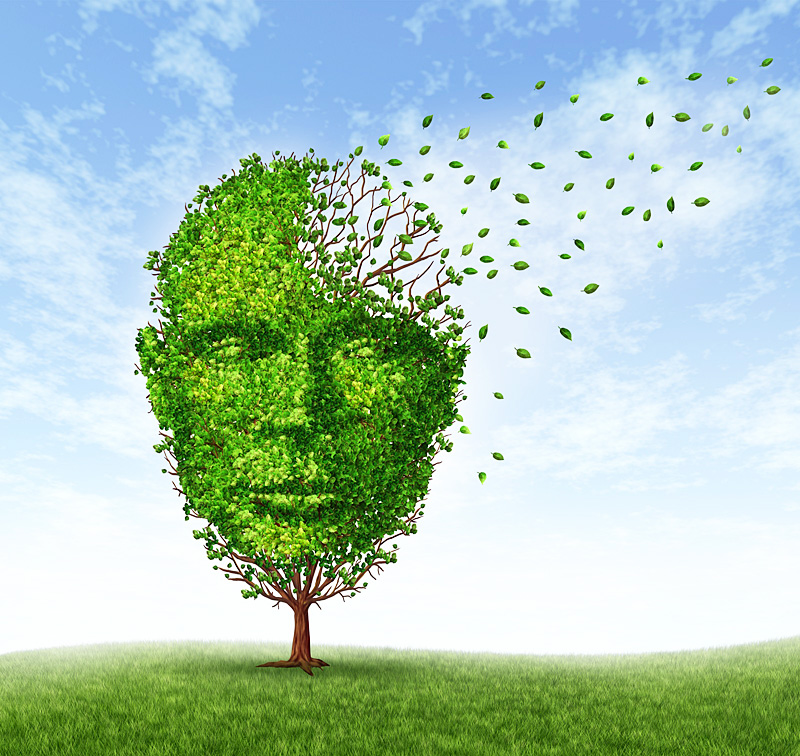Our brain is very sensitive to environmental influences
Dr Dudarewicz carefully analyzes the root of patient’s problem. We have tests available to look into genetics, metabolic composition to assess hormones, nutrients deficiencies, test toxic burden etc. We are able to prevent cognitive decline and treat early Alzheimer’s disease.
Conditions We Specialize In:
Brain Health – Alzheimer Prevention

There are lots of predictions that many baby boomers will be living into their 90’s or even 100’s. Unfortunately, a shorter lifespan is expected for their children.
How are we going to make longer lives more enjoyable?
Before we talk about intervention, the first thing to do is to look into our genetic profile. One simple and inexpensive way to obtain it is to run a 23 and me test. The information is limited, but there are companies which may convert blue print data into a very elaborate report.
Lifestyle modification is the most important thing to address as our genes are not our destiny, it is the environment which modifies their expression.
Control your environment:
- live in a clean environment free of mold and chemicals
- use clean water free from fluoride and chlorine
- limit EMF
Watch what you eat:
- stay out of inflammatory, processed and GMO containing food
- Transfats prolong she life in baked products, but shortens yours.
- Exercise of 30-60 minutes per day is optimal
- Control your stress and emotions as everything is perception.
What are supplements for your brain?
- Methyl 12, B6 vitamins, activated 5 methylfolate,
- Fish oil 2000mg
- Coenzyme Q10 200 mg
- L acetylcarnitine 100 mg
- R alpha lipoic acid 200 mg
- Phosphadiltyl serine 300 mg per day
- Vitamin D to reach optimal level of 70-80 Vit 25OH
Everyone is different : the best way to use supplements is to measure them first. There are many laboratories specializing in mapping metabolic content and are able to give complete prescription regarding doses. Oftentimes people take too much and not enough of certain ingredients.
If memory problems are coexisting with depression, or anxiety, different supplements may be useful, like:
- Tryptophan or 5HTP
- Tyrosine
- Threanine
- Taurine
- Vitamin B6
Taking supplements should be supervised as skilled interpretation of laboratory reports is necessary. For example, high level of vitamin B12 may indicate lack of its utilization due to deficiencies of certain enzymes instead of the level being truly high.
Hormonal Deficiencies

Symptoms of underactive thyroid include fatigue, both physical and mental, depression, anxiety, hair loss, dry skin, Many physicians usually look only at TSH as years ago when people were living in healthier environment and that test was a good indicator of body’s reaction to low hormone.
It is no longer true, quite often we see TSH and free T3 (active thyroid hormone) as HPA axis is disregulated and many times patients have TSH and free T3 low.
Make sure your doctors check these two as well as Free T4 which shows hormone storage as well as antithyroid antibodies and TPO.
It is the best to use preparations containing both T3 and T4 and some people are not converting storage T4 to active T3.
Supplements that can be helpful are selenium, iodine, vitamin D, rosemary.
Iodine is important but tricky, as it’s excess can cause problems.
Hormone optimization is very important as estrogens, progesterone, testosterone are all very important to support brain function.
Benefits of bioidentical hormone replacement therapy are: improved mood, memory and brain function, better sleep, energy, improved bone strength,, better sex, look and feel of hair skin, decreased risk of Alzheimer s disease, heart attack and stroke.
Depression
Causes of depression are multifactorial; life and environmental stressors, neurotransmitter imbalance due to poor nutrition, inadequate digestion or excess toxins.

Hormonal issues:
Low thyroid, estrogens, progesterone, testosterone, low adrenal function, high insulin. When hormones decline at menopause, lack of estrogen causes mood decline, low progesterone predisposes to anxiety and insomnia.
Sugar specifically high fructose com syrup is the biggest evil of all. It raises insulin level and sugar fluctuations are very destructive to the brain. An inflamed brain is not a happy brain.
Omega fatty acids deficiency.
The brain needs Omega 3 in particular DHA for development and maintenance. 65% of our brain is fat and 1/4 of that fat is DHA. Eating cold fish like sardines and wild ocean salmon can improve DHA levels. High quality Fish oil can significantly improve brain function and help resolve depression.
Vitamin D has has so many functions that probably will be reclassified as a hormone pretty soon. It is a very strong mood regulator. Optimal levels are 70-80, not 30.
Methylation defects are quite common, vitamin B12, 5 methylfolate, vitamin B6 or SAME deficiency, all contribute to depression. These critical nutrients may be needed in higher quantity than available in diet. They have pivotal role in the production of brain neurotransmitters essential for mood stability.
Toxic substances may affect brain, specifically mercury as it is a potent neurotoxin. It comes from contaminated fish, or dental amalgam. It accumulates in the brain, so sophisticated provocative tests are needed to find it as it is deposited in tissue, not floating in blood.
Neurotransmitter Imbalances
Low serotonin:
Serotonin is brain neurotransmitter that gives us a sense of internal peace and positive feeling about our lives. Exercise increases the level of this chemical . We can take supplement 5HTP as a supplement which our body will convert to serotonin. The best way to get better is to look into digestive problems and repair them, as 85% of serotonin is produced in gastrointestinal tract.
Low Dopamine:
Dopamine is the neurotransmitter which plays a role in the motivational component of reward-motivated behavior. People with low dopamine have no interest in things. L-thyrosine is a precursor of dopamine, supplementation may help, however patients should not take it without supervision specially if they take prescribed medications.
Our brain is particularly sensitive to outside world influences.
There are several ways how people develop Alzheimer disease and many times the process is reversible when addressed early.
Type 1 Alzheimer: Inflammatory

It often affects people who carry ApoE4 allele, one or two copies. This runs in families. It comes with a loss of ability to store new information while old memories and ability to speak, calculate, spell and write are retained.
- People who carry two copies of ApoE4 symptoms begin in late 40’s and 50’s.
- Others who carry one copy their problems start showing in 50’s and 60’s.
- People without any copies symptom onset is in 60’s and 70’s.
- The Hippocampus which turns our experiences into long-term memory loses its volume.
- The Brain’s temporal and parietal regions which are responsible for speech, calculations, recognition, writing decline latter.
- Markers: high c-reactive protein, IL -6,TNF, glucose, low ratio albumin to globulin
Type 2 Alzheimer: Atrophic
Also occurs in people who carry one or two copies of ApoE4 but initiates symptoms decade later than inflammatory type.
It also presents with loss of ability to create new memories while ability to speak, write, calculate are retained. Inflammatory markers are negative.
Hormone levels, vitamin D are low while homocysteine and glucose levels is high.
Type 3 Alzheimer: Toxic
It occurs in people who carry the common ApoE3 allele rather than ApoE4.
Alzheimer does not run in their families.
The toxic type strikes at a young age. This is usually in people’s late forties to early sixties. This onset will often follow great stress. It starts with cognitive difficulties involving numbers or speech organizing. Depression and attention deficits are common. They are often diagnosed as front temporal dementia or vascular dementia.
Markers are:
- Atrophied brain on MRI
- Low zinc
- High copper
- Hormonal deficiencies
- Hgh levels of heavy metals and mycotoxins (mold).
